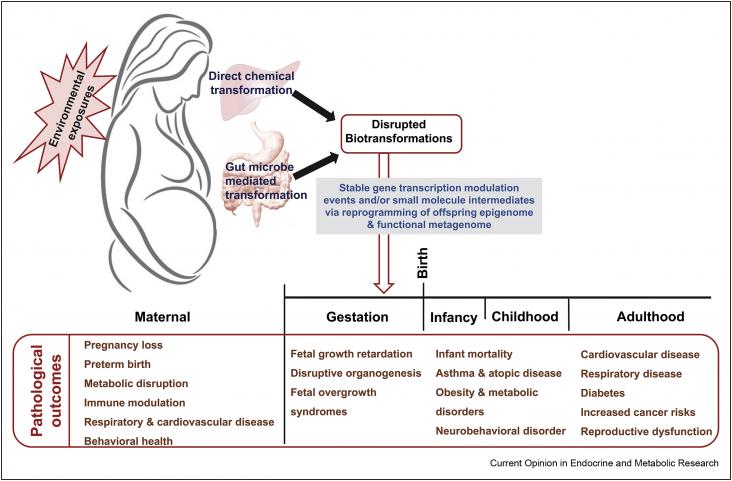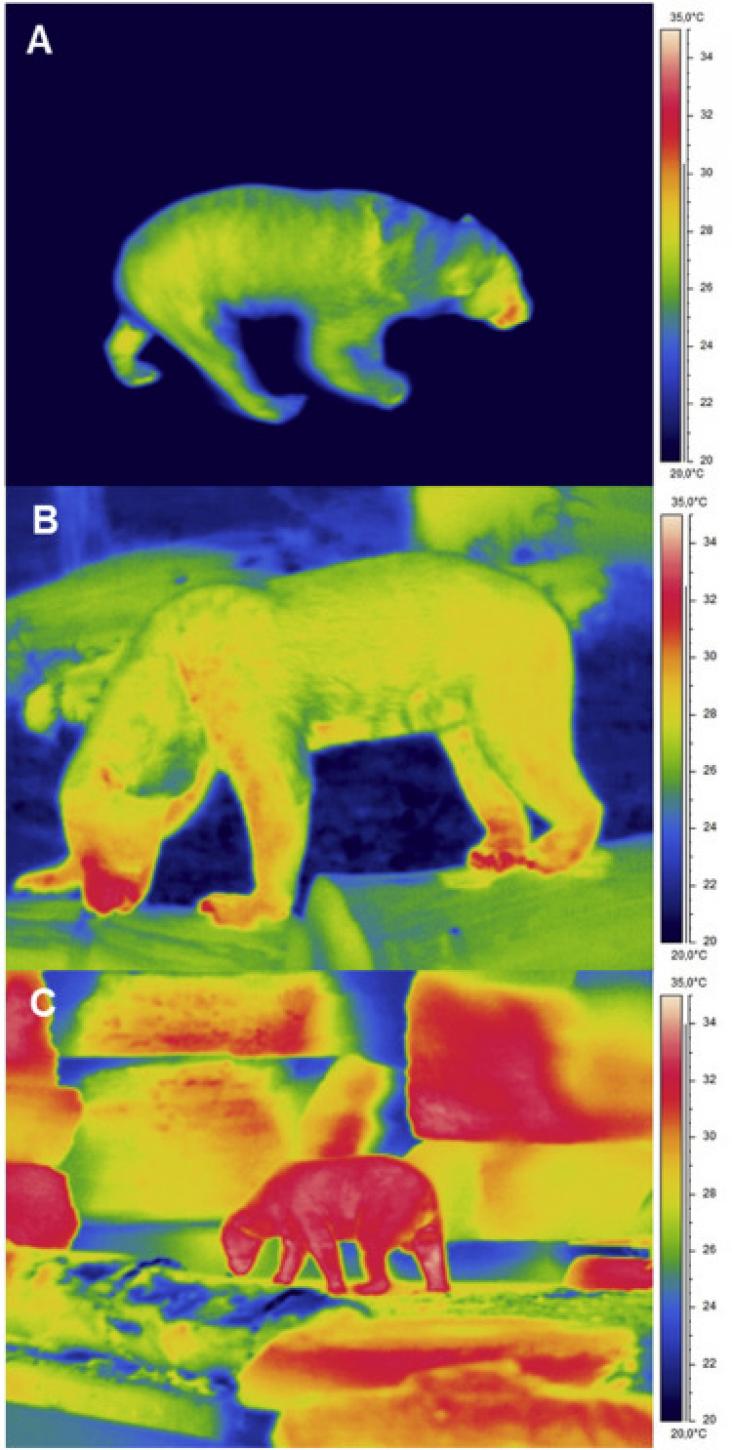
Explore the intricate dynamics of fetal programming and its implications for SDGs.. Unearth the potential of early-life interventions with RELX.
The new European Commission plans to raise the greenhouse gas (GHG) emissions reduction target from 40% towards 55% by 2030 and make Europe the first climate-neutral continent by 2050.
Humans, through agricultural fertilizer application, inject more reactive nitrogen (Nr) to terrestrial ecosystems than do natural sources.
Recent research and policies recognize the importance of environmental defenders for global sustainability and emphasize their need for protection against violence and repression.

The consumption of plant-based milk substitutes has spread rapidly around the world due to its numerous positive health effects on the human body.

This synthesis paper presents the objectives, approach and cross-cutting results of the Latin American Deep Decarbonization Pathways project (DDP-LAC).
The COVID-19 pandemic has had growing environmental consequences related to plastic use and follow-up waste, but more urgent health issues have far overshadowed the potential impacts.
Pathways towards a defossilated sustainable power system for West Africa within the time horizon of 2015–2050 is researched, by applying linear optimisation modelling to determine the cost optimal
The destruction of natural habitats is causing loss of biodiversity and ecosystem services.

